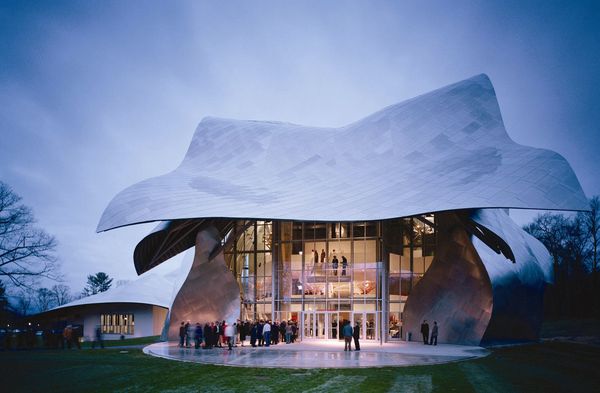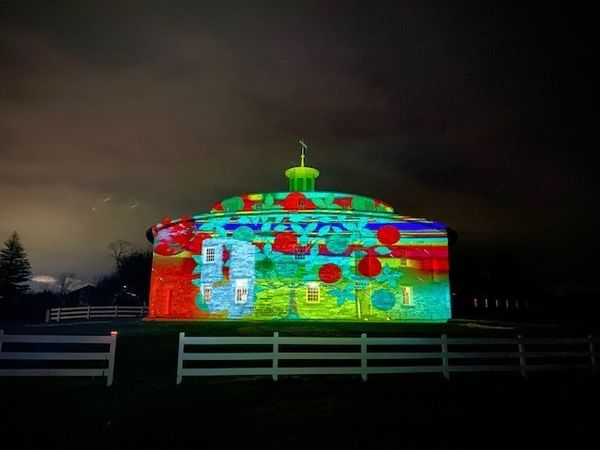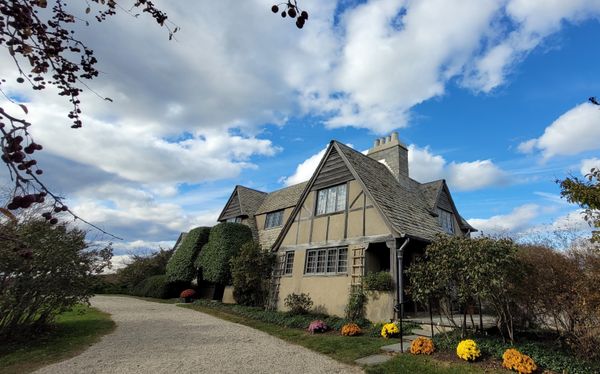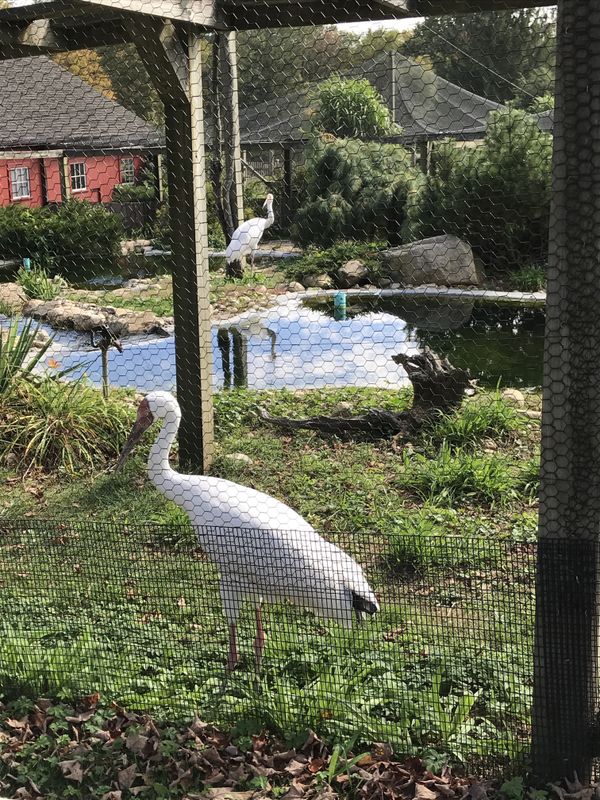Thinking of Whales and Trails During a Heat Wave

This photo from the late 1800s shows the grounds of Herman Melville’s home in Pittsfield, Mass., known as Arrowhead. The farm and home are open for tours. Photo courtesy of Berkshire Historical Society












 lakevillejournal.com
lakevillejournal.com 








